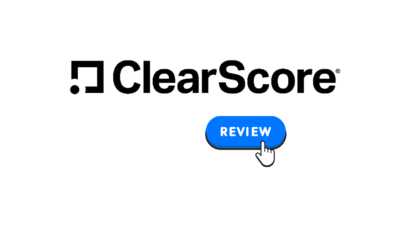Disclosure: Privacy Australia is community-supported. We may earn a commission when you buy a VPN through one of our links. Learn more.
Encrypted Messaging: A Detailed Guide
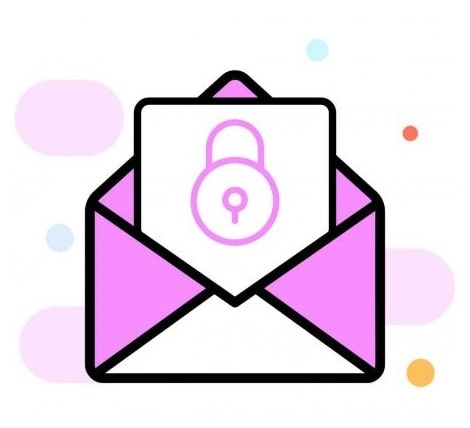
In the modern era, you are being monitored. This isn’t meant in the passive or general sense, either.
Every time you log into the Internet or send a message, there’s a chance that your data is being monitored in your messages are being read by someone you haven’t given permission to.
Whether it’s the government or a nefarious would-be hacker, the chances that your messages – be they text, email, or something else – have been intercepted at least once are high.
Why does this matter? Consider the revelation less than a decade ago that the United States government was monitoring its citizens in clear violations of their rights. Whether you believe in handing the government more power or not, one can’t deny that it’s only right for people to be able to protect their data and messages.
Encrypting your messages, and therefore using encryption apps for your daily texts or other messages, is a great way to start shielding your data. Let’s take a deep dive into encrypted messaging as a concept and see how you can bring it into your life.
What is Encrypted Messaging?
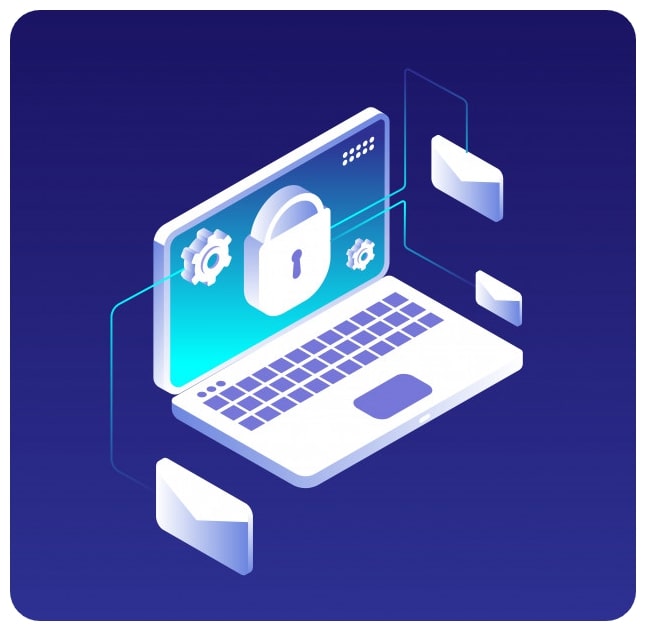
Without getting into the technical weeds too much, encryption is essentially encoding information to prevent unwanted eyes from understanding a message. Encryption is a concept goes back to ancient times.
A really basic form would be assigning special symbols to letters in the normal alphabet – perhaps only symbols you and a friend know. This allows you to read a message that others cannot.
Today’s digital encryption follows similar concepts but is much more complex to accommodate new security needs and the abilities of other computers to crack encryption much faster than the best human minds.
There are two main types of encryption used in modern apps and programs.
Public Key (Asymmetric)
Public key encryption, or asymmetric encryption, includes the use of both public and a recipient’s private keys; the keys will match mathematically. Users can send messages encrypted with the public key, and the person receiving the message can decrypt the code using a mathematically matching private key.
The “keys” in this sense are special algorithms called ciphers. When fed into a cipher, encrypted information will appear as nothing more than garbled, random letters and numbers, making it unreadable to anyone who doesn’t have a cipher key. This can be fed into the algorithm to decrypt the message.
Think of it like the message sender placing a message in a mailbox using a special public key, but without the ability to check any messages inside the mailbox, as each message can only be opened by a special private key. The intended recipient of the first message can then open the mailbox and receive their specific data or message, opening it with their private key.
Private Key (Symmetric)
Private Key or symmetric encryption is pretty similar but has a few differences. It also uses two keys to encode and decrypt the information sent between parties. But both of the keys are the same using this method, which allows both parties to encrypt or decrypt information at their will.
The Best Apps to Encrypt Your Messages
The best way to encrypt your messages is to use an app that automatically does it for you. After all, who has time to come up with their own cipher and spread it to every one of their friends? Not to mention taking the time to manually encrypt and decrypt each message…
No, using an app is much more user-friendly and economical. You’ll definitely want something with end-to-end encryption, which means that both the receiver and sender of the message have encrypted data. All of these options include this.
Our Recommendation: Signal
Signal is a phenomenal encrypted messaging up available for most major platforms and operating systems.
Through its interface, you can send files, messages, voice notes, and other video or media types to individuals or groups.
Everything is encrypted using end-to-end processes, and Signal transports all information across its own infrastructure.
What about the code?

The code is open source, allowing everyone to verify its efficacy. They also allow you to set your own messages to expire for even greater data security.
Below, you can find some of the other encrypted messaging apps that are popular nowadays.
However, if you’re looking for the most private means of online messaging, we rate Signal much higher than all the other options.
Apple Messages
If you use an Apple device, and you use the standard Apple Messages app, your communications are already encrypted! It’s a secure messaging service that provides end-to-end end encryption built into iCloud, which helps secure your data even further.
No one but you and the receiver of your message can access the data: not even Apple. It’s a nice app because it comes preinstalled on all Apple devices.
Wickr Me
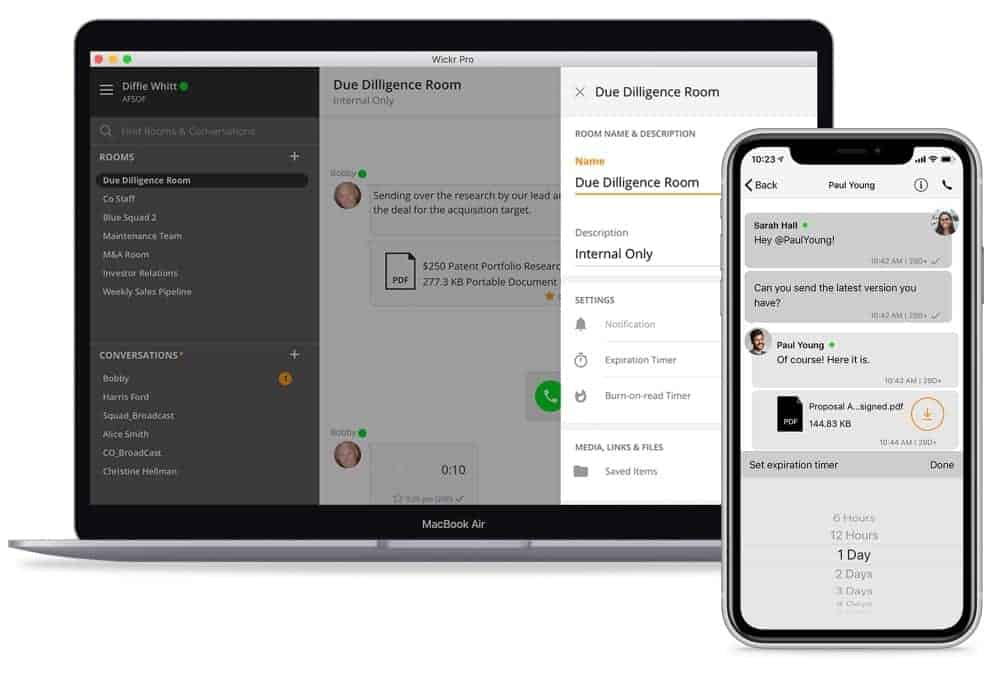
Wickr Me is an instant messaging app that offers fantastic end-to-end encryption for all messages sent through the service. This can even include content expiring messages or other types of media or file attachments.
Like Signal, it allows you to set an expiration time for your messages, which can even be synced across different devices. It uses multiple layers of encryption to protect your data better than most.
WhatsApp is a free and secure app available for most platforms and Nokia S40 devices. They have both a mobile and web browser-based client, although there are some limitations to each.
It’s a simple application best used for sending messages and calls that you don’t want to be intercepted by a third party. You’ll be able to verify the keys of your frequent communicators and be notified if they change their key, so you aren’t surprised. Unfortunately, this app is currently blocked in China (surprise, surprise)
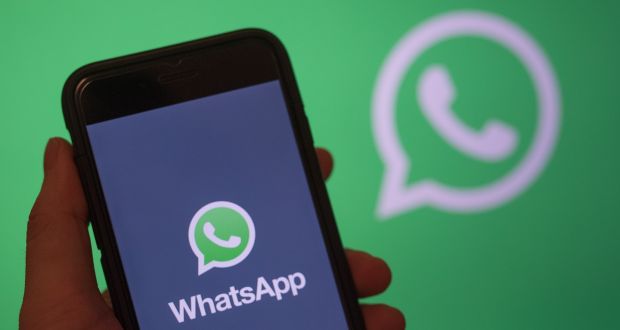
Keep in mind: Facebook is known for data privacy issues and it owns WhatsApp.
Wire
Wire is a great choice for those who prefer open-source apps and you like to verify data themselves. It doesn’t require a phone number but instead uses usernames, allowing people greater anonymity. Be aware that it does keep a record of anyone you’ve ever contacted plaintext, although the username aspect makes this a little less worrisome.
iMessage
iMessage is another default application found on many phones and devices. It uses end-to-end encryption by default, though its proliferation means it may not be as robust as a few other apps and doesn’t have as many user-friendly features, like an open-source code.
Can’t Use Apps?
In case apps aren’t an option, and you have to communicate via browser client, make sure to opt for some of the more secure browsers out there, instead of the commercial ones.
Why You Should Use Encrypted Messaging
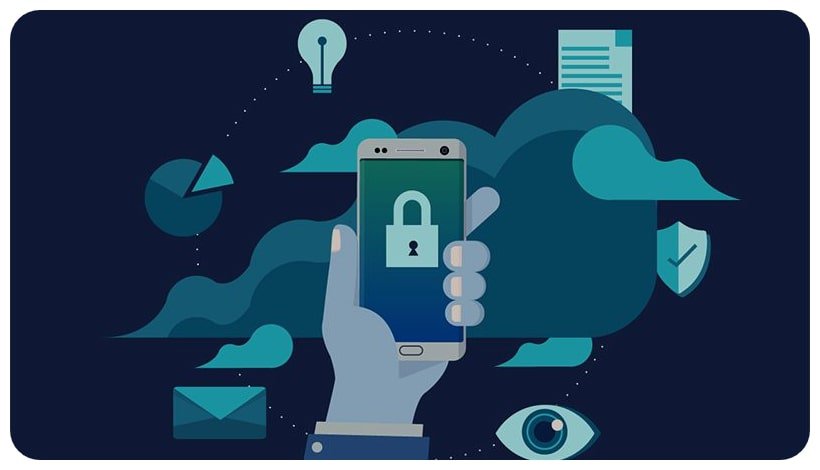
In this day and age, almost everyone should be using encrypted messaging if they are able.
Standard SMS messages and other message formats (like emails) aren’t encrypted in the slightest.
This makes them completely insecure and capable of being viewed or stolen by anyone with the right skills.
Encrypted messaging prevents the government or anyone else from accessing your information or communications without your permission. Why might this be useful?
Consider being a dissident or someone not in favor of the government in a country with an authoritarian or totalitarian regime. That person would definitely need to encrypt their messages if they wanted to avoid being caught by the authorities.
Even people in ostensibly free nations might still need to communicate sensitive or classified information from time to time. Consider being a trader on Wall Street; it might be smart for you to encrypt your communications to prevent your competitors from scooping your data to get an edge. Sure, that’s illegal, but that hasn’t stopped Wall Street before!
Or think about your day-to-day messages. What if you send your credit card information over email to a family member so they can buy a present or pay a bill in a financial pinch. It would be all too easy for a hacker to intercept that you know and get your credit card information, potentially causing a huge disaster.
Everyone can benefit from increasing their own messages. This point of view is even reflected in the FCC to some degree, which has allowed mobile carriers to block robocalls or spam calls
Conclusion
The demand for encrypted messaging is expected to continue growing as individuals become increasingly aware of the value of their data to government entities and advertising agencies, prompting a greater emphasis on data protection. In addition to securing communication channels, it is crucial to safeguard one’s online identity by utilizing a reputable VPN service.
By embracing the encryption trend and adopting measures to encrypt messages, you can enjoy the peace of mind that comes with protecting your sensitive information and mitigating the risk of identity theft through insecure email channels. Simply seize the opportunity to prioritize data privacy and take the necessary steps to ensure secure and encrypted communication.
Related: Google Chat Scams




